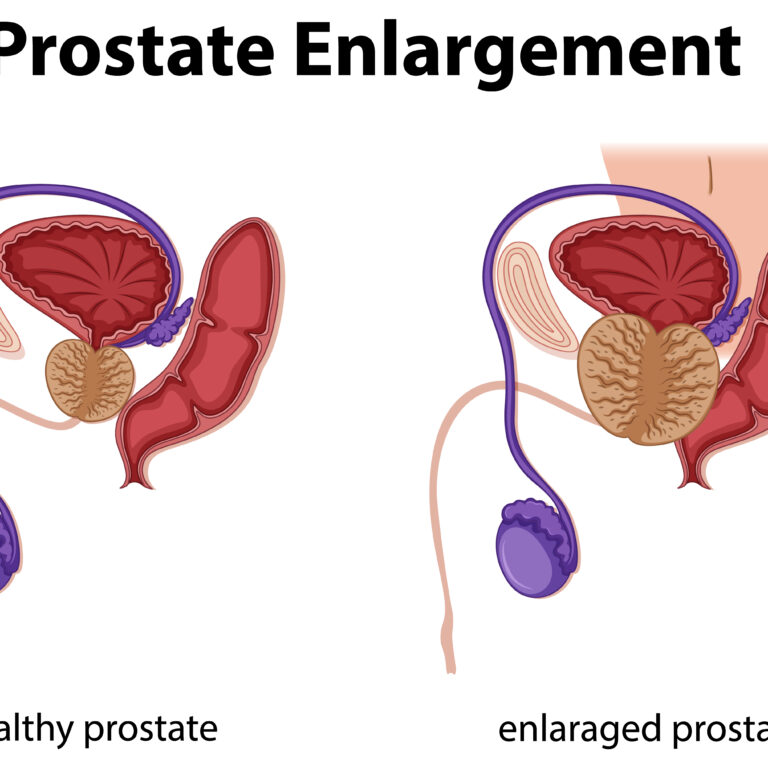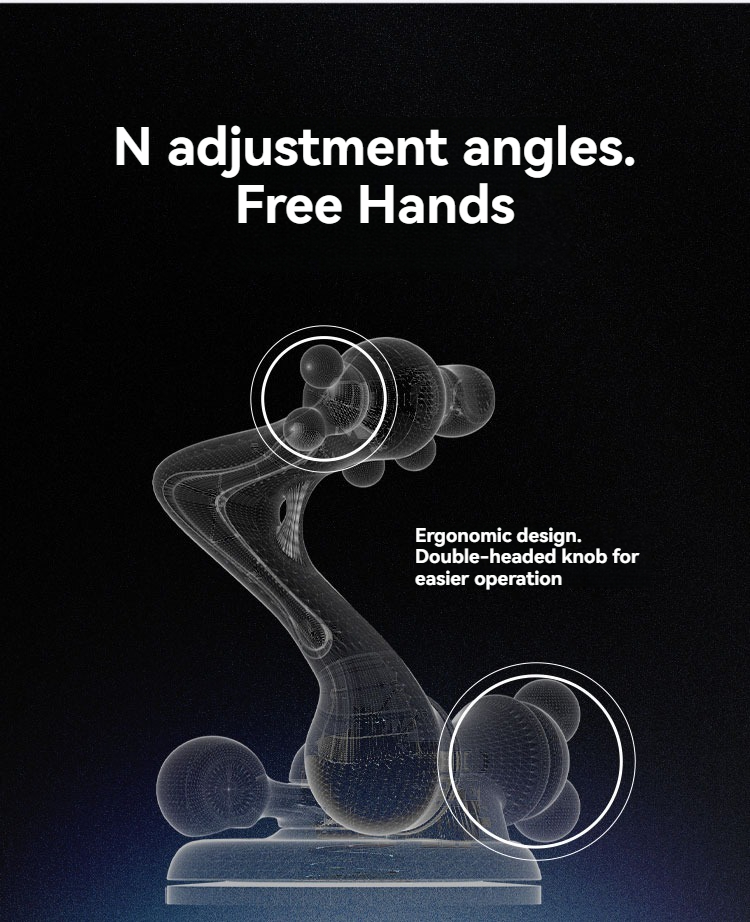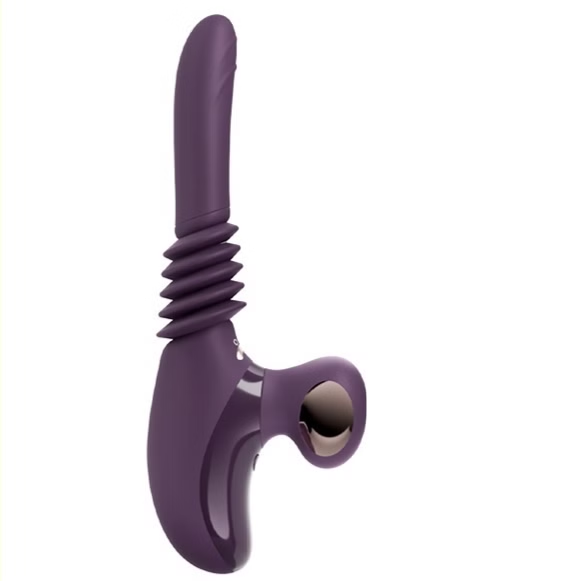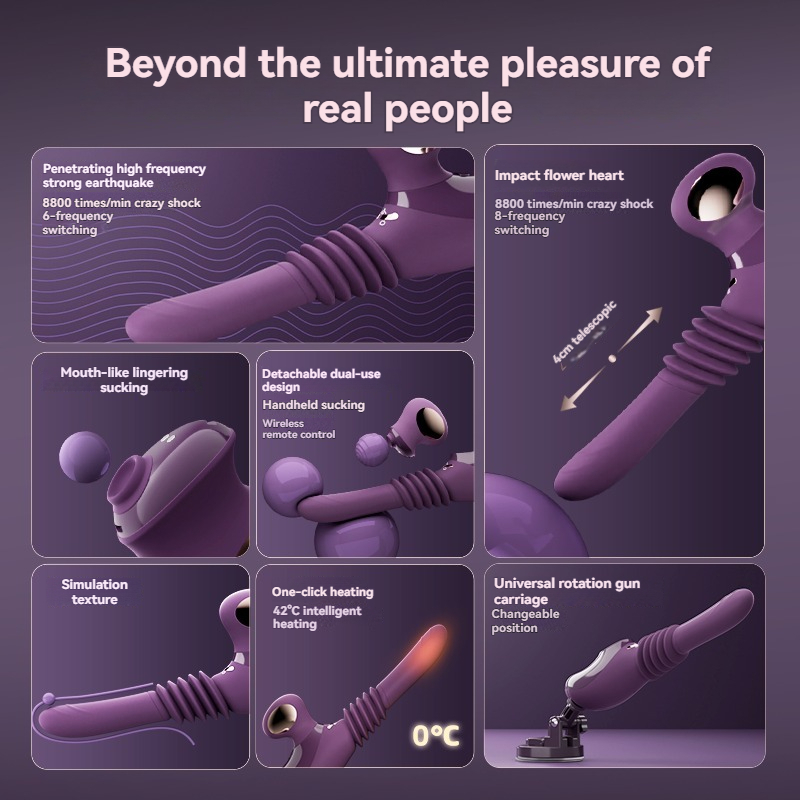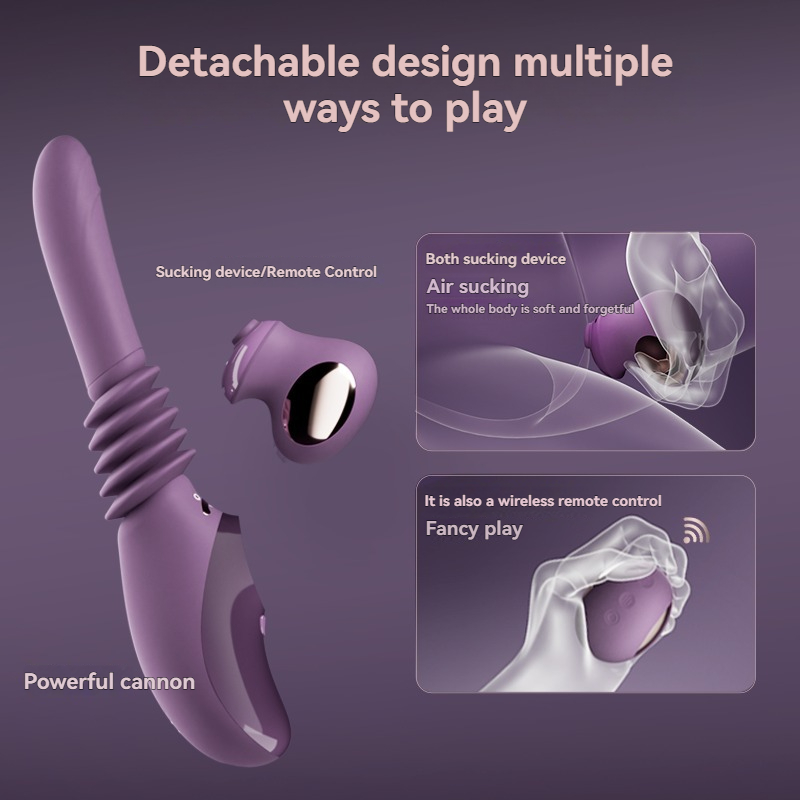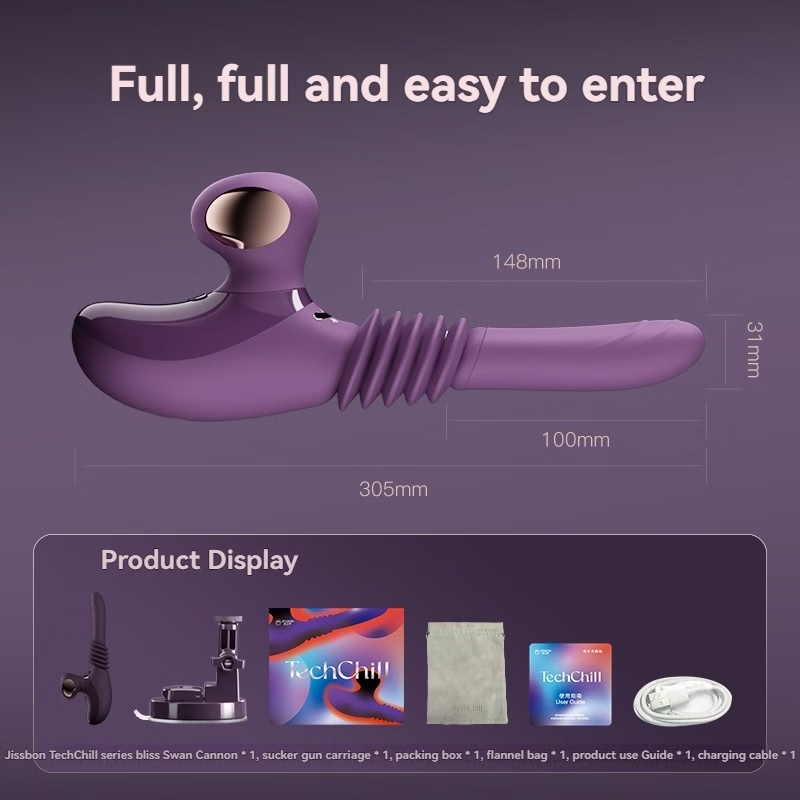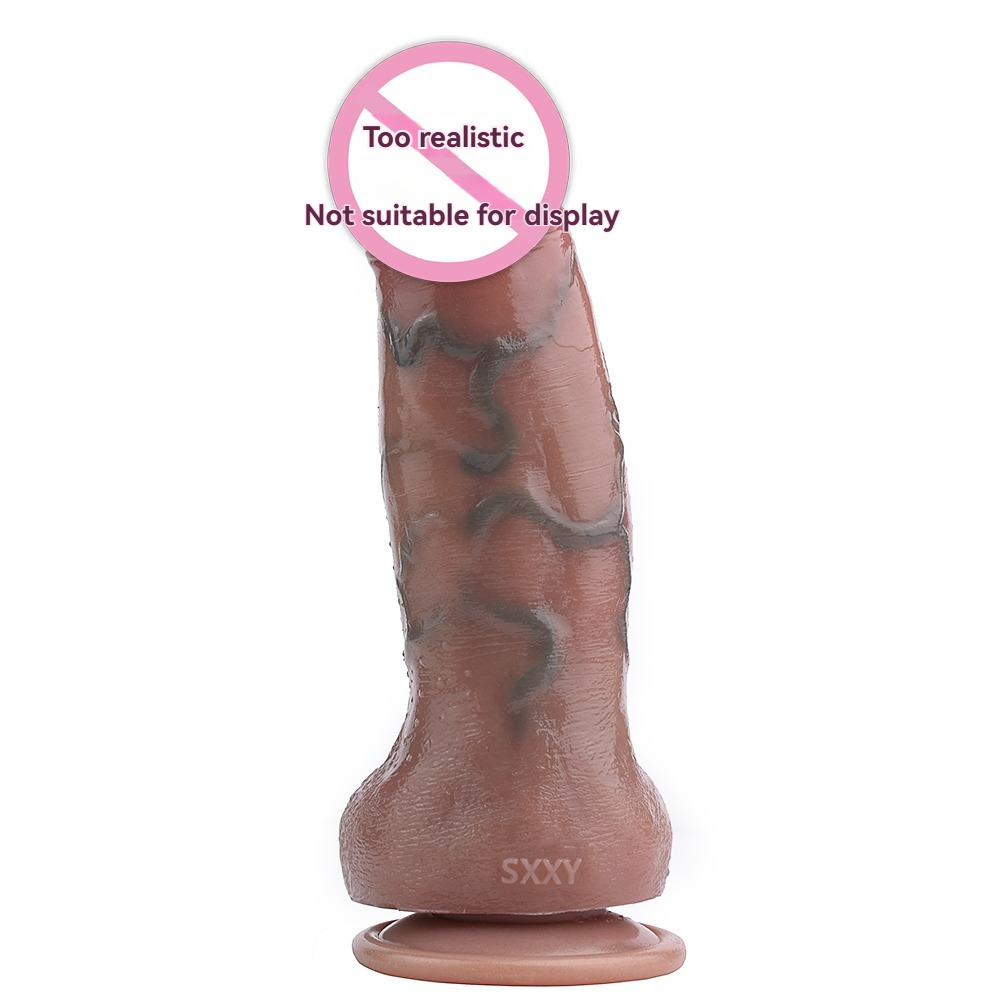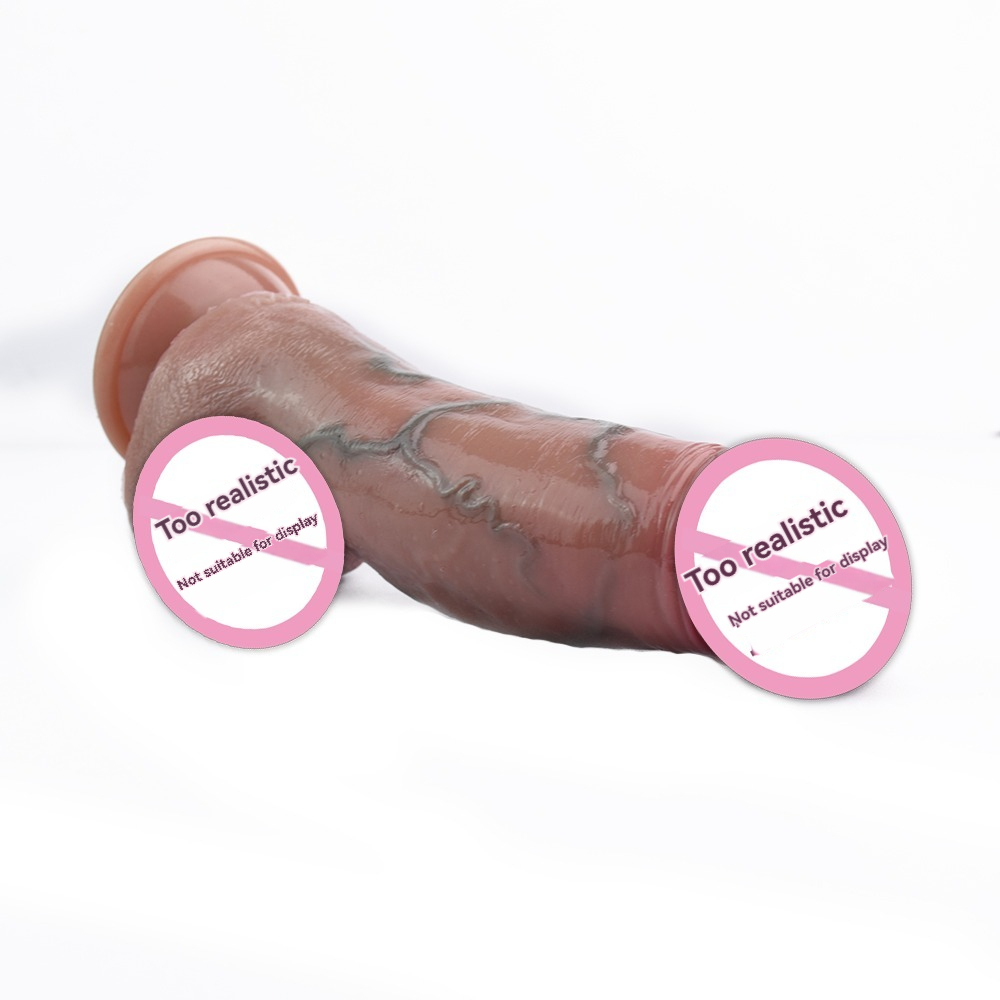Embracing Change: Intimacy Support for Trans Gay Men During Transition

Key Takeaways-Embracing Change: Intimacy Support for Trans Gay Men During Transition
- Transitioning can significantly impact intimacy in relationships, requiring understanding and support from both partners.
- Effective communication is crucial for navigating changes and maintaining emotional and physical connections.
- Integrating intimacy-enhancing products from sextoyforyou.store can support and enrich intimate relationships during transition.
- Professional support, including therapy and counseling, can aid in addressing intimacy challenges during transition.
- Building a supportive network and fostering self-awareness are essential for sustaining intimacy during and after transition.
Table of Contents
- Introduction
- Impact of Transition on Intimacy
- Common Intimacy Challenges During Transition
- Strategies for Supporting Intimacy During Transition
- Intimacy-Enhancing Products and Their Role
- Case Studies: Successful Intimacy Support During Transition
- Comparison Table: Intimacy Solutions
- Conclusion
- Frequently Asked Questions (FAQs)
- References
Introduction
Transitioning is a profound and transformative journey that can significantly impact various aspects of a person’s life, including their intimate relationships. For trans gay men, navigating the intersection of gender transition and romantic intimacy presents unique challenges and opportunities for growth. Embracing change and fostering intimacy during this period requires understanding, empathy, and effective strategies to maintain and enhance emotional and physical connections.
Transitioning involves more than just physical changes; it encompasses emotional, psychological, and social adjustments. These changes can influence how trans gay men perceive themselves and how they relate to their partners. Intimacy, a cornerstone of any romantic relationship, encompasses emotional closeness, trust, and physical connection. Maintaining and enhancing intimacy during transition is crucial for sustaining a fulfilling and resilient partnership.
This comprehensive guide delves into the complexities of maintaining intimacy for trans gay men during transition, providing insights, strategies, and practical tools to support and enrich intimate relationships. Whether you are a trans gay man seeking to sustain intimacy during your transition or a partner looking to offer support, this guide offers valuable information to help you navigate this transformative period with confidence and compassion.
By exploring the impact of transition on intimacy, identifying common challenges, and implementing effective strategies, couples can foster a strong and enduring connection that withstands the changes and growth that transition brings. Additionally, integrating intimacy-enhancing products and seeking professional support can further aid in maintaining and enhancing the intimate bond between partners.
Impact of Transition on Intimacy
Emotional Changes
Transitioning involves significant emotional changes that can influence intimacy in relationships. Hormonal treatments, surgeries, and the process of aligning one’s physical appearance with their gender identity can lead to shifts in self-esteem, body image, and emotional well-being. These changes can affect how individuals perceive themselves and their ability to connect emotionally with their partners.
For example, hormone replacement therapy (HRT) can induce mood swings, increased emotional sensitivity, or feelings of depression and anxiety. These emotional fluctuations may lead to misunderstandings or feelings of emotional distance between partners. According to Reisner et al. (2016), trans individuals often experience changes in mental health during transition, which can impact their capacity for emotional intimacy.
Partners must navigate these emotional changes with empathy and support, fostering an environment where open emotional expression is encouraged and validated. Understanding that emotional shifts are a natural part of transition can help couples respond with compassion and patience, maintaining a strong emotional bond despite the changes.
Physical Changes
Physical changes associated with transition, such as hormone therapy and surgical procedures, can alter sexual function and physical intimacy. Hormonal treatments can lead to changes in libido, erectile function, and overall sexual satisfaction. Surgical interventions, such as chest reconstruction or genital surgery, can also impact physical aspects of intimacy.
These physical changes may create challenges in sexual interactions, potentially leading to decreased sexual satisfaction or discomfort during intimate activities. Meyer (2003) highlights that trans individuals may face challenges related to physical intimacy, including concerns about body image and sexual performance. Addressing these concerns through open communication and the use of intimacy-enhancing products can help mitigate the impact of physical changes on the relationship.
Moreover, the recovery period following surgeries can temporarily reduce the frequency of intimate activities, necessitating adjustments in the relationship dynamics to accommodate healing and comfort. Couples must approach these physical changes with flexibility and understanding, seeking ways to maintain intimacy that respect each partner’s physical and emotional needs.
Relationship Dynamics
Transitioning can alter relationship dynamics, introducing new roles and responsibilities within the partnership. The process of transition often requires renegotiating boundaries, roles, and expectations to accommodate the evolving needs and identities of both partners. This adjustment can sometimes lead to shifts in the balance of power, caregiving responsibilities, and decision-making processes within the relationship.
For instance, as one partner undergoes transition, the other may take on additional emotional support roles, which can create feelings of imbalance or resentment if not managed effectively. According to Rempel, Holmes, and Zanna (1985), maintaining a balance between individual and shared activities is essential for relationship harmony. If one partner feels overwhelmed or unsupported, it can strain the emotional and physical intimacy of the relationship.
Effective communication and mutual support are crucial for navigating these changes. Couples should discuss their evolving roles and responsibilities openly, ensuring that both partners feel valued and supported in their respective journeys. Establishing clear boundaries and setting shared goals can help maintain a cohesive and harmonious relationship dynamic during transition.

Common Intimacy Challenges During Transition
Communication Barriers
Transitioning can create communication barriers as partners navigate new emotions and physical changes. Misunderstandings and unspoken fears may arise, making it challenging to maintain open and honest dialogue. Emotional fluctuations and shifts in self-perception can lead to difficulties in expressing feelings and needs effectively.
Hatfield and Rapson (2005) emphasize the importance of active listening and empathetic communication in overcoming these barriers. Couples must prioritize regular conversations about their feelings, needs, and concerns to sustain intimacy. Without clear communication, partners may feel disconnected or misunderstood, leading to emotional distance and strained intimacy.
To overcome communication barriers, couples should create a safe and supportive environment where both partners feel comfortable sharing their thoughts and emotions. This can involve setting aside dedicated times for meaningful conversations, practicing active listening techniques, and approaching discussions with empathy and patience.
Trust Issues
Trust is a fundamental component of intimacy, and transitioning can sometimes strain this trust. Concerns about fidelity, support, and the future of the relationship may surface, requiring careful management. Transitioning involves a significant amount of personal change, which can lead to uncertainties about the stability and future direction of the relationship.
Building and maintaining trust involves consistent actions, transparency, and mutual support. Rempel, Holmes, and Zanna (1985) suggest that trust can be strengthened through reliable behavior and open communication, especially during times of transition. If one partner feels neglected or unsupported, it can lead to feelings of insecurity and mistrust, undermining the intimate connection.
To address trust issues, couples should engage in honest and transparent communication about their fears and expectations. Demonstrating reliability and consistency in actions helps reassure both partners of their commitment to the relationship. Additionally, seeking professional support through couples therapy can provide strategies for rebuilding and reinforcing trust during transition.
Sexual Function and Satisfaction
Physical changes from hormone therapy and surgery can impact sexual function and satisfaction. Reduced libido, erectile dysfunction, or other sexual health issues may arise, affecting the couple’s sexual intimacy. These changes can lead to frustration, decreased sexual satisfaction, and emotional strain within the relationship.
Addressing these issues involves medical consultation, open discussions about sexual needs and preferences, and the use of intimacy-enhancing products. Utilizing lubricants, vibrators, and other sexual aids available at sextoyforyou.store can help overcome physical barriers and enhance mutual satisfaction.
Moreover, couples should explore alternative forms of intimacy that do not solely rely on traditional sexual activities. This can include sensual massages, extended foreplay, and other intimate practices that promote physical closeness and emotional connection.
Body Image and Self-Esteem
Body image concerns are common during transition, as individuals work to align their physical appearance with their gender identity. These concerns can affect self-esteem and the ability to engage in intimate activities comfortably. Negative body image can lead to decreased sexual confidence and reluctance to engage in physical intimacy.
Supporting a partner through body image issues involves affirming their identity, providing emotional support, and encouraging positive self-talk. Building a supportive and accepting environment can enhance self-esteem and foster greater comfort in intimate settings. According to Meyer (2003), body image is closely linked to mental health and relationship satisfaction, making it essential to address these concerns proactively.
Counseling and support groups can also play a significant role in helping individuals navigate body image challenges. Sharing experiences with others who are undergoing similar transitions can provide valuable insights and coping strategies, further supporting the maintenance of intimacy.
Balancing Individual Needs and Relationship Goals
Transitioning requires a balance between individual needs and the goals of the relationship. Partners must navigate their personal journeys while maintaining shared goals and aspirations for their relationship. This balance is crucial for sustaining intimacy and ensuring that both partners feel supported and valued.
Setting mutual goals, engaging in shared activities, and supporting each other’s personal growth can help maintain this balance. According to Meyer (2003), fostering a sense of partnership and collaboration is essential for sustaining intimacy during transition. Couples should discuss their long-term relationship goals and how they align with each partner’s personal aspirations.
Additionally, recognizing and respecting each partner’s individual needs and boundaries ensures that both partners feel fulfilled and supported. This mutual respect fosters a harmonious and intimate relationship, even amidst the changes and growth that transition brings.

Strategies for Supporting Intimacy During Transition
Open and Honest Communication
Effective communication is the bedrock of maintaining intimacy during transition. Couples should create a safe space where both partners feel comfortable expressing their feelings, fears, and needs without judgment. Open dialogue about the challenges and changes that come with transition helps partners stay connected and understand each other’s experiences.
Regular check-ins and dedicated times for meaningful conversations can help ensure that both partners stay connected and address any emerging issues promptly. Active listening, where each partner fully engages and empathizes with the other, fosters mutual understanding and support. This practice not only strengthens emotional intimacy but also helps in identifying and resolving potential conflicts before they escalate.
Additionally, discussing expectations and setting relationship goals together can provide a sense of direction and purpose. This collaborative approach helps both partners align their efforts towards maintaining and enhancing their intimate connection, despite the changes and challenges of transition.
Seek Professional Support
Professional support, including therapy and counseling, can be invaluable for couples navigating the challenges of transition. A therapist specializing in LGBTQ+ issues can provide tailored strategies for maintaining intimacy and addressing specific relationship dynamics. Professional guidance ensures that both partners receive the support they need to sustain a healthy and fulfilling relationship.
Individual therapy for each partner can also support personal growth and emotional well-being, contributing to a healthier and more intimate relationship. Therapy can help individuals process their feelings, manage stress, and develop coping strategies, which in turn enhances their ability to connect emotionally with their partner.
Couples therapy offers a structured environment for partners to discuss their experiences, address misunderstandings, and work on relationship goals together. Through guided sessions, therapists can facilitate effective communication, conflict resolution, and mutual support, strengthening the intimate bond between partners.
Utilize Intimacy-Enhancing Products
Intimacy-enhancing products can play a significant role in sustaining physical intimacy during transition. Products such as lubricants, vibrators, and massage oils can help overcome sexual function challenges and enhance mutual satisfaction. These products provide additional stimulation and comfort, making intimate activities more enjoyable and fulfilling.
Integrating these products into the relationship can provide new avenues for exploration and pleasure, fostering a more dynamic and fulfilling intimate life. Platforms like sextoyforyou.store offer a wide range of products designed to meet the diverse needs of trans gay men, ensuring a satisfying and enjoyable intimate experience.
Moreover, using these products can help couples adapt to changes in sexual function by providing alternative methods of achieving sexual satisfaction. This adaptability is crucial for maintaining a satisfying sexual relationship, even as physical capabilities and preferences evolve during transition.
Build a Supportive Network
Having a supportive network of friends, family members, and community members can significantly impact the ability to maintain intimacy during transition. Support groups and LGBTQ+ communities provide a sense of belonging and acceptance, reducing feelings of isolation and fostering emotional support.
Engaging with a supportive network can also offer practical advice and shared experiences, helping couples navigate the complexities of transition together. Building a strong support system enhances resilience and contributes to a more intimate and fulfilling relationship.
Support networks can include online communities, local LGBTQ+ organizations, and peer support groups where trans gay men can connect with others undergoing similar transitions. These connections provide valuable insights, encouragement, and resources that aid in maintaining both personal well-being and relationship intimacy.
Prioritize Self-Care and Well-Being
Self-care is essential for maintaining emotional and physical well-being during transition. Encouraging each partner to engage in activities that promote relaxation, reduce stress, and enhance self-esteem can positively impact the relationship. Self-care practices help individuals manage the emotional and physical demands of transition, fostering a healthier and more intimate connection with their partner.
Practices such as meditation, exercise, hobbies, and adequate rest contribute to overall well-being and enhance the capacity for emotional connection and intimacy. Couples can support each other’s self-care routines by participating in activities together or providing encouragement and understanding during individual self-care practices.
By prioritizing self-care, couples ensure that both partners remain emotionally and physically healthy, which is crucial for sustaining intimacy and resilience in the relationship.
Establish Shared Goals and Activities
Establishing shared goals and engaging in activities together can strengthen the bond between partners. Whether it’s planning future milestones, pursuing shared interests, or setting relationship goals, these activities foster a sense of teamwork and mutual support.
Participating in shared activities helps maintain a connection and provides opportunities for building new memories and experiences together, enhancing both emotional and physical intimacy. Shared goals provide a sense of direction and purpose, aligning the partners’ efforts towards maintaining and enhancing their relationship.
Additionally, setting and achieving shared goals can boost mutual respect and admiration, reinforcing the emotional and intimate connection between partners. This collaborative approach ensures that both partners are invested in the growth and sustainability of their relationship.
Intimacy-Enhancing Products and Their Role
Lubricants and Massage Oils
Lubricants and massage oils are essential tools for enhancing physical intimacy, especially when experiencing changes in sexual function during transition. High-quality lubricants reduce friction and increase comfort during intimate activities, making sex more enjoyable and reducing the risk of discomfort or injury.
Massage oils, on the other hand, play a significant role in fostering emotional and physical connections. Sharing a massage can create a relaxing and intimate environment, promoting trust and emotional closeness. Massages help in releasing tension, reducing stress, and enhancing the overall sense of well-being, which contributes to a more fulfilling intimate experience.
Products from sextoyforyou.store offer a variety of lubricants and massage oils that are body-safe, non-irritating, and designed to enhance the intimate experience for both partners. These products are formulated to cater to different sensitivities and preferences, ensuring that couples can find the perfect match to support their intimate activities.
Incorporating these products into the relationship can help couples adapt to physical changes by providing additional comfort and pleasure, thereby maintaining a satisfying and enjoyable intimate connection.
Vibrators and Sexual Aids
Vibrators and other sexual aids can help overcome challenges related to sexual function and enhance mutual satisfaction. These products provide additional stimulation and can help achieve orgasms, fostering a more fulfilling sexual relationship.
Prostate massagers, in particular, are beneficial for trans gay men, offering targeted stimulation that can enhance sexual pleasure and health. Prostate massagers stimulate the prostate gland, which can lead to intense orgasms and improved sexual satisfaction. These devices can be used alone or with a partner, providing versatile options for enhancing sexual intimacy.
Integrating vibrators into intimate activities can add variety and excitement, strengthening the physical connection between partners. By exploring new forms of stimulation, couples can rediscover pleasure and maintain a dynamic and satisfying intimate life.
Platforms like sextoyforyou.store offer a wide range of vibrators and sexual aids designed to meet the diverse needs of trans gay men, ensuring a satisfying and enjoyable intimate experience. These products are crafted with quality materials and innovative designs to enhance both comfort and pleasure.
Remote-Controlled Devices
Remote-controlled devices offer a unique way to maintain intimacy, especially in long-distance relationships. These devices can be controlled via smartphone apps, allowing one partner to initiate stimulation and pleasure from a distance.
Remote-controlled vibrators and other interactive toys enable real-time interaction, fostering a sense of presence and connection even when physically apart. These devices promote playful and consensual exploration, enhancing both emotional and physical intimacy by creating shared moments of pleasure and connection.
Integrating remote-controlled devices into the relationship can help couples maintain a strong and satisfying intimate connection, regardless of geographical separation. These devices serve as tools for mutual pleasure and can help bridge the physical gap, ensuring that the relationship remains vibrant and fulfilling.
Intimacy Games and Kits
Intimacy games and kits offer structured ways for couples to engage in intimate activities, enhancing both emotional and physical connections. These products often include a variety of tools and prompts that encourage couples to explore their desires, communicate openly, and engage in shared experiences.
Intimacy games can range from conversation starters to interactive activities that promote playful interaction and deeper emotional bonding. These games facilitate open dialogue about sexual preferences, fantasies, and boundaries, fostering a more transparent and trusting relationship. By engaging in these structured activities, couples can explore new dimensions of their relationship in a fun and supportive environment.
Kits that include multiple intimacy-enhancing products, such as vibrators, massage oils, and erotic games, provide a comprehensive approach to enhancing intimacy. These kits encourage couples to experiment and discover new ways to connect, enriching their intimate life and strengthening their emotional bond. By providing a variety of tools and activities, intimacy kits ensure that couples have the resources they need to maintain a dynamic and satisfying intimate connection.
Integrating these products and games into the relationship routine can help couples adapt to the changes brought about by transition, maintaining a fulfilling and enjoyable intimate life despite the challenges.

Case Studies: Successful Intimacy Support During Transition
Case Study 1: Navigating Emotional Changes with Support and Communication
Jordan and Michael, a gay couple, faced significant emotional challenges during Jordan’s transition. As Jordan underwent hormone therapy and started his gender-affirming surgeries, he experienced fluctuations in mood and self-esteem, which impacted their emotional intimacy.
To address these challenges, Jordan and Michael prioritized open and honest communication, setting aside dedicated time each week to discuss their feelings and experiences. This practice ensured that both partners remained connected and understood each other’s emotional states. They also sought the support of a couples therapist specializing in LGBTQ+ transitions, which provided them with strategies to maintain their emotional connection and navigate the emotional fluctuations together.
Additionally, they incorporated intimacy-enhancing products from sextoyforyou.store, such as massage oils and vibrators, into their routine. These products helped them maintain physical intimacy, providing a sense of normalcy and connection despite the emotional changes Jordan was experiencing. The use of these products allowed them to explore new forms of physical intimacy that accommodated Jordan’s changing body and emotional needs.
Through consistent effort, professional support, and the integration of intimacy tools, Jordan and Michael successfully navigated the emotional challenges of transition. Their relationship became stronger and more resilient, demonstrating the importance of communication and mutual support in maintaining intimacy during significant life changes.
Case Study 2: Overcoming Sexual Function Challenges with Intimacy Tools
Alex and Sam, a trans gay couple, encountered sexual function challenges as Alex transitioned. Hormone therapy led to a decrease in libido and erectile difficulties, affecting their sexual intimacy and overall relationship satisfaction.
Recognizing the impact of these changes, Alex and Sam decided to explore intimacy-enhancing products from sextoyforyou.store. They incorporated lubricants and vibrators into their intimate activities, which helped alleviate discomfort and enhance sexual pleasure for both partners. The use of lubricants reduced friction and increased comfort during sexual activities, making intimacy more enjoyable and less physically taxing for Alex.
Additionally, they engaged in open discussions about their sexual needs and preferences, allowing them to adapt their intimate practices to accommodate the changes Alex was experiencing. This open dialogue helped them identify new ways to connect physically and maintain sexual satisfaction despite the challenges.
They also sought the guidance of a sexual health therapist, which provided them with strategies to maintain sexual intimacy and satisfaction despite the physical challenges. The therapist helped them explore alternative forms of intimacy and develop techniques to enhance their sexual connection, ensuring that their relationship remained fulfilling and satisfying.
Through the use of intimacy-enhancing products and proactive communication, Alex and Sam were able to overcome their sexual function challenges, sustaining and enhancing their physical intimacy and overall relationship satisfaction during Alex’s transition.
Case Study 3: Maintaining Intimacy in a Long-Distance Relationship During Transition
Ryan and Tyler, a trans gay couple, faced the challenge of maintaining intimacy while Ryan was undergoing transition-related medical procedures in another city. The physical separation threatened their emotional and physical connection, making it difficult to sustain intimacy.
To overcome these challenges, Ryan and Tyler utilized remote-controlled vibrators and interactive toys from sextoyforyou.store, allowing Tyler to initiate stimulation during Ryan’s recovery period. These devices provided a way for Ryan and Tyler to maintain physical intimacy despite the distance, fostering a sense of presence and shared pleasure.
Additionally, they used video calling platforms to engage in shared activities, such as virtual date nights and guided meditation sessions, which helped reinforce their emotional bond and maintain a sense of togetherness. Engaging in these activities provided opportunities for emotional connection and mutual support, enhancing their overall relationship satisfaction.
By leveraging technology and intimacy-enhancing products, Ryan and Tyler successfully maintained their intimacy and emotional connection, ensuring that their relationship remained strong and fulfilling despite the physical separation during Ryan’s transition. This case study highlights the effectiveness of combining technology with intimacy tools to sustain a fulfilling relationship in a long-distance context.
Comparison Table: Intimacy Solutions for Trans Gay Men During Transition
| Solution | Description | Benefits | Best For |
|---|---|---|---|
| Couples Therapy | Professional counseling to address relationship dynamics and intimacy challenges. | Improves communication, rebuilds trust, provides structured support. | Couples facing emotional or communication barriers during transition. |
| Intimacy-Enhancing Products | Products like lubricants, vibrators, and massage oils designed to support physical intimacy. | Enhances sexual satisfaction, facilitates exploration, reduces discomfort. | Couples seeking to overcome sexual function challenges and enhance physical connection. |
| Remote-Controlled Devices | Toys that can be controlled remotely via smartphone apps, ideal for long-distance relationships. | Maintains physical intimacy across distances, promotes playful interaction. | Couples in long-distance relationships or those needing to sustain intimacy during physical separation. |
| Mindfulness and Meditation | Practices that promote present-moment awareness and emotional regulation. | Reduces stress, enhances emotional connection, fosters mutual support. | Couples looking to strengthen emotional bonds and manage stress during transition. |
| Support Groups | Community-based groups where trans gay men can share experiences and gain support. | Provides emotional support, reduces feelings of isolation, offers shared experiences. | Individuals seeking community support and shared experiences during transition. |
| Shared Activities | Engaging in hobbies and activities together to foster connection. | Enhances teamwork, creates shared memories, strengthens emotional bonds. | Couples looking to build shared interests and deepen their connection. |
Conclusion
Transitioning is a significant journey that brings about profound changes, both personally and within intimate relationships. For trans gay men, maintaining intimacy during transition requires a combination of understanding, support, and proactive strategies to navigate the emotional and physical transformations that accompany this process.
Effective communication, professional support, and the integration of intimacy-enhancing products from platforms like sextoyforyou.store are essential components in sustaining and enhancing intimacy during transition. By addressing challenges head-on and fostering a supportive and loving environment, couples can maintain a deep and fulfilling connection that withstands the changes and growth that transition brings.
Moreover, building a supportive network and prioritizing self-care contribute significantly to the resilience and satisfaction of the relationship. Embracing change with empathy and dedication allows trans gay men and their partners to cultivate a harmonious and intimate partnership that thrives through the complexities of transition.
Ultimately, intimacy during transition is not only about overcoming challenges but also about discovering new dimensions of connection and love. With the right tools, support, and commitment, trans gay men can navigate their transition with confidence, ensuring that their intimate relationships remain strong, fulfilling, and deeply connected.
By adopting best practices and staying informed about the latest strategies and products, couples can harness the power of support systems and intimacy-enhancing tools to create a harmonious and enduring partnership. Embracing change with mutual respect and understanding fosters a relationship that not only survives but thrives through the journey of transition.
Frequently Asked Questions (FAQs)
1. How does transitioning affect intimacy in relationships for trans gay men?
Transitioning can significantly impact both emotional and physical intimacy in relationships. Emotional changes, such as shifts in self-esteem and body image, can affect how individuals connect with their partners. Physical changes from hormone therapy and surgeries can alter sexual function and satisfaction. Effective communication and the use of intimacy-enhancing products can help mitigate these challenges and maintain a fulfilling intimate connection.
2. What are some effective communication strategies for maintaining intimacy during transition?
Effective communication strategies include setting aside regular times for meaningful conversations, practicing active listening, expressing emotions openly, and discussing needs and concerns without judgment. Couples therapy can also provide structured support to improve communication skills and address any misunderstandings or conflicts that arise during transition.
3. How can intimacy-enhancing products support relationships during transition?
Intimacy-enhancing products, such as lubricants, vibrators, and massage oils from sextoyforyou.store, can help overcome physical intimacy challenges by providing comfort, enhancing sexual pleasure, and facilitating mutual exploration. These products can also serve as tools for reconnecting physically, thereby strengthening the overall intimacy in the relationship.
4. What role does professional support play in maintaining intimacy during transition?
Professional support, including couples therapy and individual counseling, plays a crucial role in maintaining intimacy during transition. Therapists can help couples navigate emotional and relational changes, improve communication, rebuild trust, and develop strategies to enhance intimacy. Professional guidance ensures that both partners receive the support they need to sustain a healthy and fulfilling relationship.
5. How can partners build a supportive network to enhance intimacy during transition?
Partners can build a supportive network by connecting with friends, family members, and LGBTQ+ support groups who understand and affirm their experiences. Engaging with community organizations and participating in support groups provides emotional support, shared experiences, and practical advice. A strong support network helps reduce feelings of isolation and fosters a sense of belonging, which in turn enhances the intimacy and resilience of the relationship.
References
- American Psychological Association. (2020). Long-Term Relationships and Sexual Health. Retrieved from https://www.apa.org/topics/long-term-relationships
- Hatfield, E., & Rapson, R. L. (2005). Emotional intimacy and relationship satisfaction. Taylor & Francis. Retrieved from https://www.taylorfrancis.com/books/mono/10.4324/9780203076984/emotional-intimacy-relationship-satisfaction-eric-hatfield-robert-rapson
- Meyer, I. H. (2003). Prejudice, social stress, and mental health in lesbian, gay, and bisexual populations: Conceptual issues and research evidence. Psychological Bulletin, 129(5), 674-697. Retrieved from https://doi.org/10.1037/0033-2909.129.5.674
- Rempel, J. K., Holmes, J. G., & Zanna, M. P. (1985). Trust in close relationships. Journal of Personality and Social Psychology, 49(1), 95-112. Retrieved from https://doi.org/10.1037/0022-3514.49.1.95
- Reisner, S. L., White, J. M., Braxton, M., & McRee, B. (2016). Sexual Practices and Health Behaviors Among MSM Using a Geosocial Networking App: Implications for HIV Prevention. American Journal of Public Health, 105(4), e5-e14. Retrieved from https://doi.org/10.2105/AJPH.2015.302895
- World Health Organization. (2013). Guidelines for the management of conditions specifically related to stress. Retrieved from https://apps.who.int/iris/handle/10665/76544









